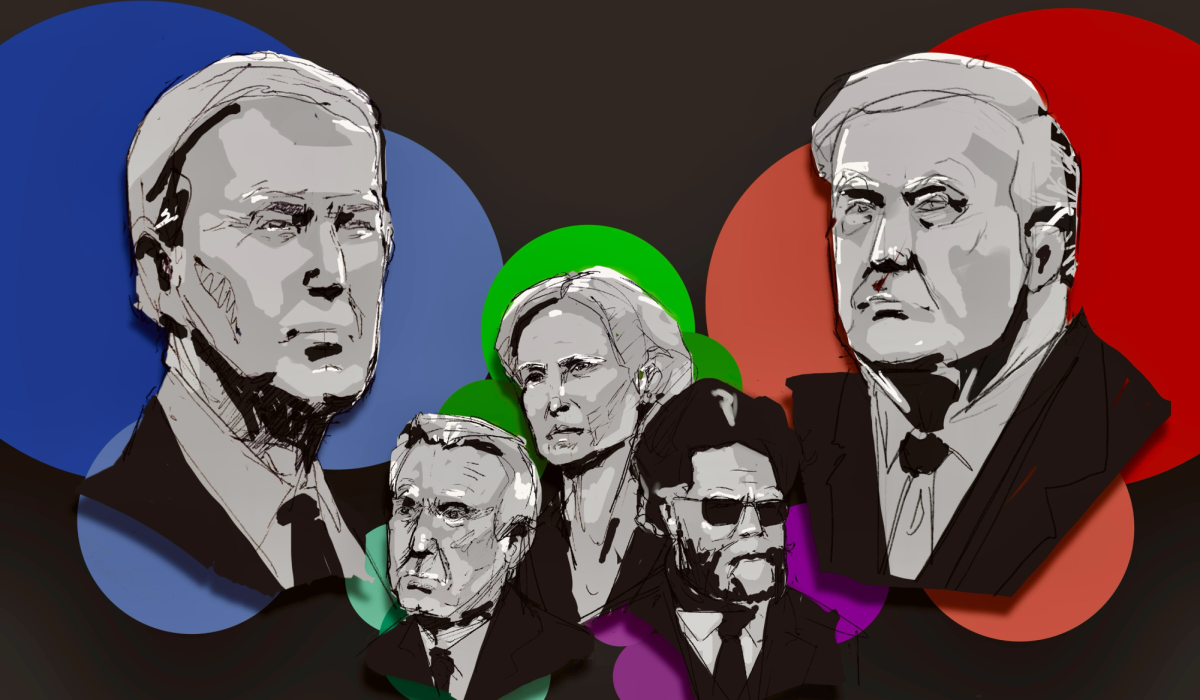
Researchers have discovered a gene that, when combined with teenage social activity, predisposes individuals to be politically liberal.
In a study released in October 2010, researchers from UCSD and Harvard University hypothesized that a variation in DRD4-7R — the dopamine receptor D4 gene — predisposes people to be liberal, but only if they were socially active during adolescence.
UCSD Political Science and Medical Genetics Professor James Fowler emphasized that genes and the environmental condition of having many friends in adolescence are both crucial to understanding why a person has a certain political affiliation.
“It’s not just genes,” Fowler said. “It’s nature and nurture.”
There are a couple variants of the gene DRD4: repeat seven and repeat four. Those who have the repeat seven variant gene tend to seek new experiences. The dopamine system — which determines emotional responses and the ability to experience pleasure or pain— plays a role in how much people enjoy learning about others.
“They are attracted to new experiences for the sake of liking new experiences,” Fowler said.
Novelty-seeking behavior leads humans to want to learn about different types of people and understand different ideas.
These people generally had a higher-than-average number of friends and associated with greater variety of personalities and social norms rather than sticking to a select few who share the same ideas, according to Fowler.
Fowler used the genetic information of 2,000 teen subjects from the National Longitudinal Study of Adolescent Health, matching the genes with maps of their social networks.
This is the first study to identify a specific gene that is associated with political ideology. Similar studies have only identified what personality traits influence political ideology.
“A number of researchers are committed to the idea that only environment matters; they are not taking account that not only do we receive instruction from our parents, we receive their genes, too. This will change the way political scientists perceive differences in personality,” Fowler said.
Fowler came up with the project idea after he attended a presentation on a study of identical and fraternal twins, where he learned political ideologies could be attributed to variation in genes.
This sparked Fowler’s interest in how political ideologies are created through genes.
“It clicked for me that we have not been thinking how people are different,” Fowler said. “We only looked at where people came from and the environment they grew up in. We are not interchangeable, we are like snowflakes.”
Fowler’s next step in researching genopolitics will be to look for additional genes and understand how they may also affect political viewpoints.
He hopes to find more complex gene structures that have significant relationships to political personalities.







